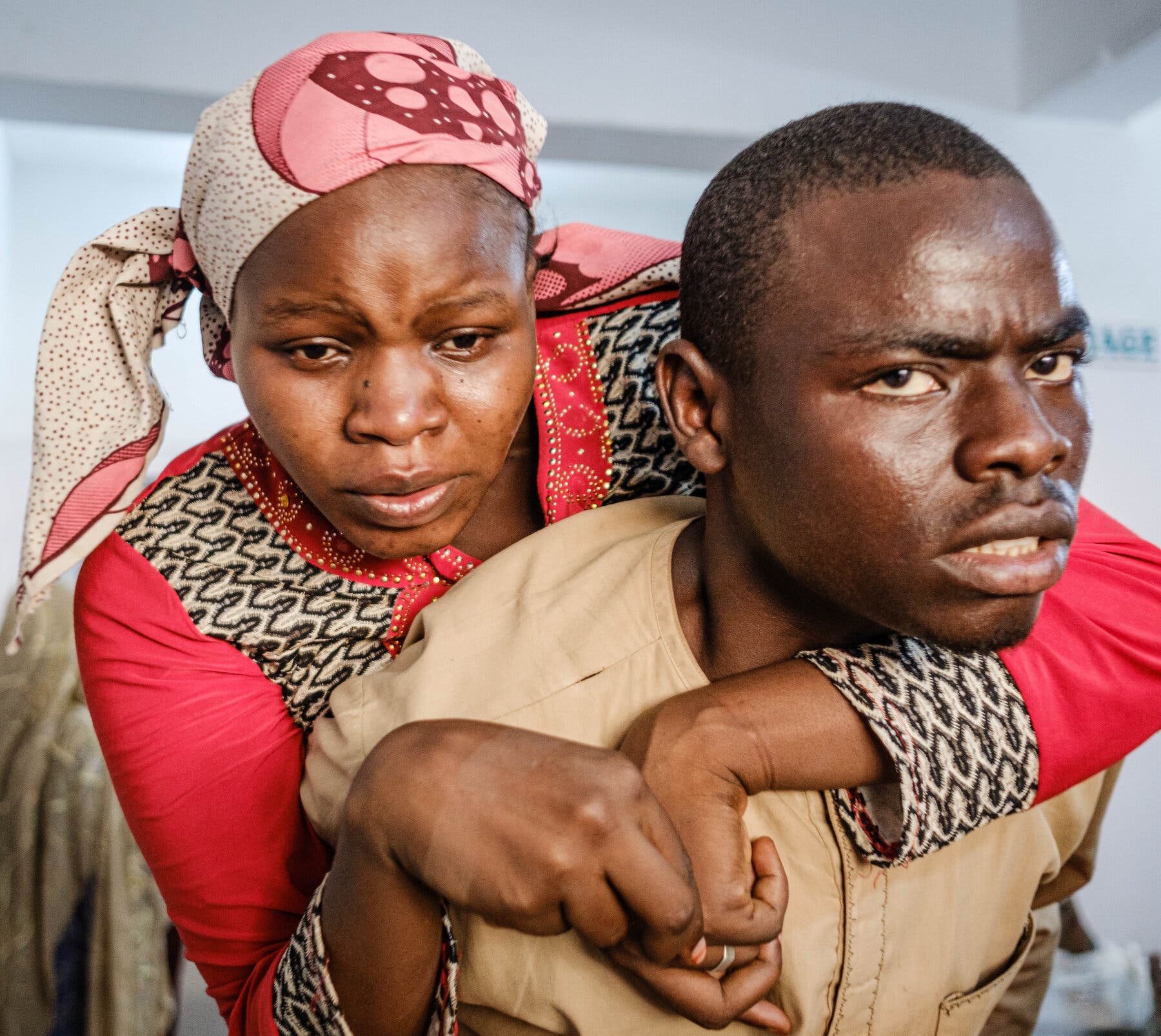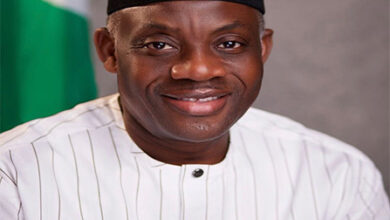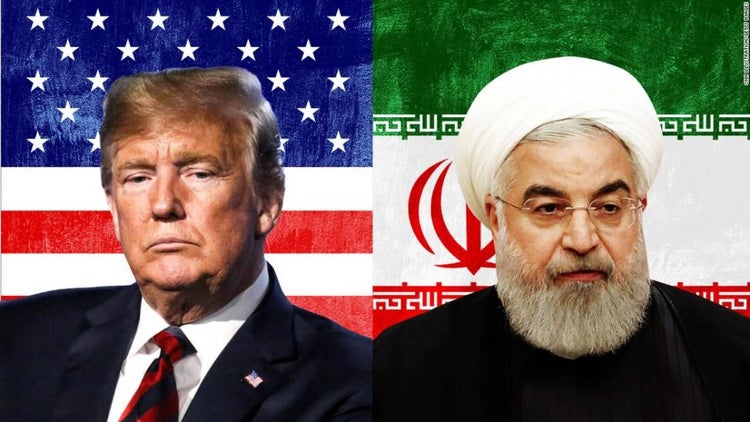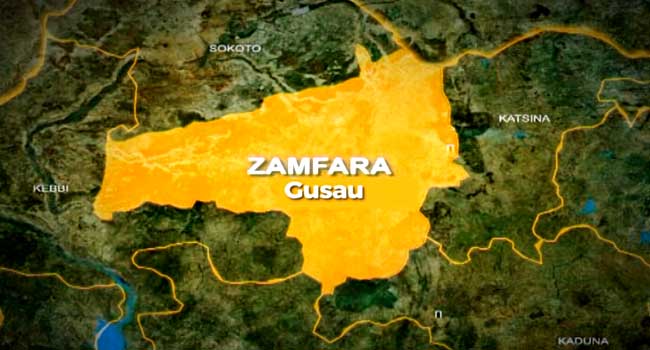The perils of economic extremism

By SALISU NA’INNA DAMBATTA
Whenever most analysts, alarmists and political elite speak of extremists or extremism they limit the notion of the terms to individuals whose conduct is generally guided by an undiluted respect and fear of the Almighty God. They strongly practice the tenets of the faiths they claim fully.

However, there are other forms of extremism such as military commanders who overkill as we are witnessing in Palestine; or as was the case in other theatres of war in Iraq, Afghanistan and Libya. Commanders in those operations unleashed the destructive power of their weapons ruthlessly.
Environmentalists and climatologists also speak of extreme weather, such as the tsunami of 2004 in the Indian Ocean which killed 230,000 people .and the recurring cyclones that devastated lives and livelihoods.
Sports administrators and enthusiasts organise extreme sports in which extremists sportsmen and women showcase their extremism in dangerous sports, some of them dying while at it.
In politics and governance there are extremist leaders and technocrats who introduce policies that are far right or far left. Either way, the citizens of such countries are squeezed by the extreme policies, leading to perilous economic and social situations.
It was in order to avoid such perilous situations that Nigerian leaders in the first republic chose a middle way for developing the economy via a mixed economy. The administration of Abubakar Tafawa Balewa from 1954 when he first became Prime Minister up to 1966 when it ended, Nigeria was growing and developing on the basis of the mixed economy model. The leaders were a little to the left and a little to the right.
Nigerians then had it so good: the economy was growing, citizens were happy. Government borrowings, from whichever sources were modest and tied to real projects designed to improve the well-being of all citizens.
But what is the situation in Nigeria today? It is not extremism to characterise the administration of President Bola Ahmed Tinubu as implementing economic extreme measures that are evidently killing citizens in silence as narrated weeks ago by former Head of State, General Abdulsalaam Abubakar.
The extremist economic policies of the administration of President Bola Ahmed Tinubu, which everyone knows have deepened poverty and deprivation in the country, include the hyper hike in the consumer prices of essential foodstuff, transportation and fuels namely petrol, diesel, cooking gas, firewood and charcoal.
Due to extreme prices for diesel, gas and other energy sources, the Manufacturers Association of Nigeria (MAN) reported that members of the organisation spent over N238 billion on alternative energy sources in the first six months of 2024. This has raised their cost of production, which is passed down to consumers thereby fueling the inflation frequently reported by the National Bureau of Statistics (NBS).
Media reports indicate that the extreme cost of energy in the reforms has left some public universities without electricity. They were disconnected by the Electricity Distribution Companies because they were unable to pay their electricity bills.
The Head of the Small and Medium Enterprises Development Agency (SMEDAN), Alhaji Badamasi Barau affirmed that the economic challenge in the country has pushed 130 million into poverty. It is so bad that peasants are selling their farms land or houses to feed their families.
“There is a need to address the major economic challenge which has pushed over 130 million into poverty,” he pleaded in a paper he presented at the 21st Productivity Day in Kaduna.
The economic perils in the reforms being implemented are so harsh that even the far right operatives at the International Monetary Fund have admitted that Nigeria’s economy is stagnant amidst the extremist economic reforms.
While presenting the IMF Annual Report in Lagos recently, Catherine Patillo, the IMF Deputy Director in charge of Nigeria, confessed that the economic growth in Nigeria this year “is expected (or is it engineered?) to remain stagnant.”
*Salisu Na’inna writes from Dambatta








